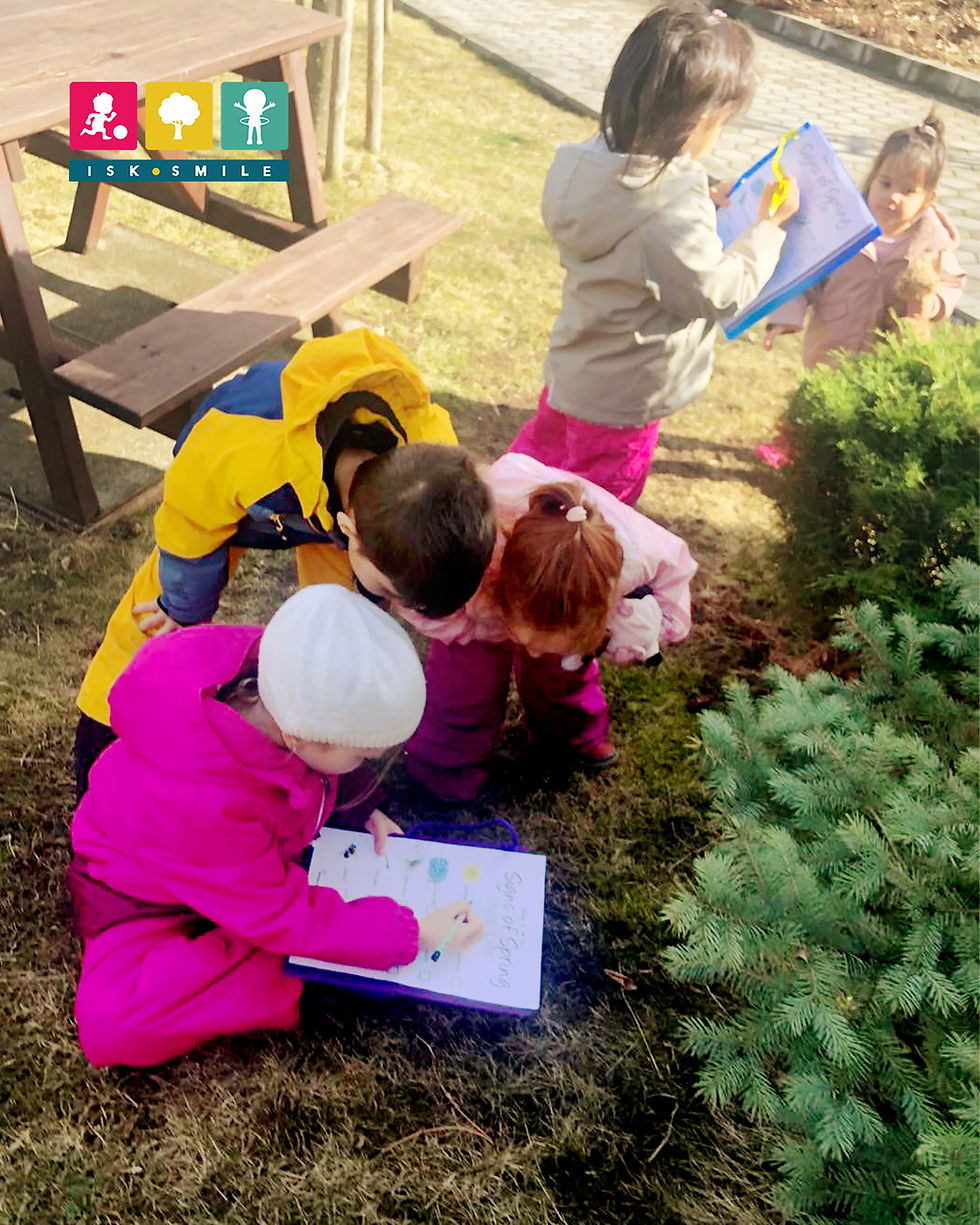The Role of Music in Early Childhood Education: Cognitive Development and Language Learning
- Elina Cherkezova-Veleva
- Aug 7, 2024
- 3 min read

Music has been an integral part of human culture for centuries, connecting people through melodies and rhythms. In early childhood education, music plays a crucial role, significantly impacting cognitive development and language acquisition. Research shows that incorporating music into early learning can enhance cognitive abilities, improve language skills, and provide a foundation for lifelong learning.
The Impact of Music on Cognitive Development
Cognitive development in young children includes memory, problem-solving, and critical thinking. Music profoundly influences these processes. Songs, with their repetitive structures and catchy melodies, help children remember information more effectively. Educational songs teaching numbers, letters, or days of the week embed this information into a musical context, aiding recall.
Engaging with music requires children to listen carefully, pay attention to different sounds, and recognize patterns. This auditory discrimination is crucial for cognitive development, helping children differentiate phonetic elements, aiding language acquisition. Music also fosters spatial-temporal skills, necessary for understanding complex concepts in mathematics and science. Studies show that children involved in music education perform better in these subjects due to their enhanced ability to visualize and manipulate objects mentally.
Musical Activities for Young Children
Integrating musical activities into early childhood education can be enjoyable and beneficial for young learners. Suggested activities include:
Singing and Rhyming Songs: Simple songs and nursery rhymes with repetitive lyrics help children develop phonemic awareness, enhance vocabulary, improve pronunciation, and strengthen memory.
Musical Storytelling: Combining music with storytelling captivates children's attention and fosters imagination. Background music or sound effects during storytelling make the experience immersive, aiding understanding of narrative structures.
Instrument Play: Age-appropriate musical instruments, such as tambourines, maracas, or xylophones, allow children to explore sound and rhythm. Playing instruments develops fine motor skills and hand-eye coordination while teaching basic musical concepts like tempo and dynamics.
Movement and Dance: Encouraging children to move and dance to music promotes physical development and coordination. Activities like marching to a beat or imitating animal movements enhance gross motor skills and spatial awareness.
Call and Response Songs: Involving a leader singing a phrase and children responding promotes active listening, turn-taking, and social interaction, crucial for cognitive and social development.
The Importance of Music in Learning English
Music can play a vital role in learning English. The rhythmic and melodic elements of music mirror the natural intonations and rhythms of spoken English, making it an excellent language learning tool.
Music enhances phonological awareness, the ability to recognize and manipulate English sounds, essential for reading and writing. English songs and rhymes emphasize syllables, rhyme schemes, and phonemes, helping children develop an ear for English sounds.
Music also expands vocabulary and comprehension. Lyrics introduce new English words and concepts in a memorable, engaging way. For example, a song about animals can teach children the names and characteristics of different animals in English, enriching vocabulary and general knowledge.
Music promotes active listening skills, crucial for understanding and processing spoken English. Engaging with music requires children to focus on lyrics, rhythms, and melodies, improving their concentration and listening skills. These skills are directly transferable to learning English, necessary for understanding instructions, participating in conversations, and following narratives.
Music provides a context for practicing English in a social, interactive setting. Singing songs together, participating in musical games, and performing in front of peers can boost children's confidence in using English and improve communication skills.
In conclusion, integrating music into early childhood education offers numerous cognitive and linguistic benefits. By enhancing memory, promoting auditory discrimination, and developing spatial-temporal skills, music supports overall cognitive development. Musical activities like singing, instrument play, and musical storytelling provide enjoyable, effective ways to foster language acquisition and other essential skills.
As educators and parents recognize music's profound impact on young children's development, incorporating it into daily routines and learning experiences becomes increasingly important. This not only enriches children's educational journeys but also lays a strong foundation for their future academic and personal success.





Comments